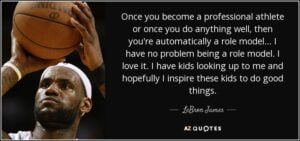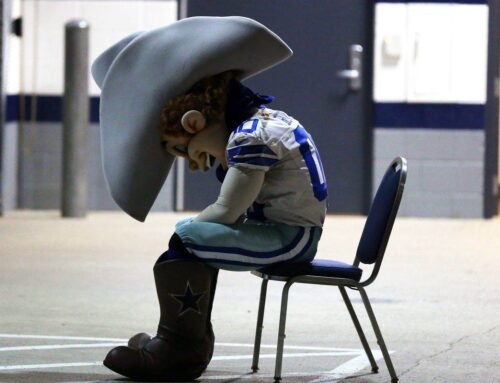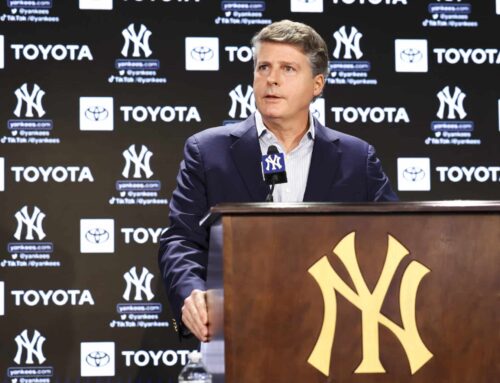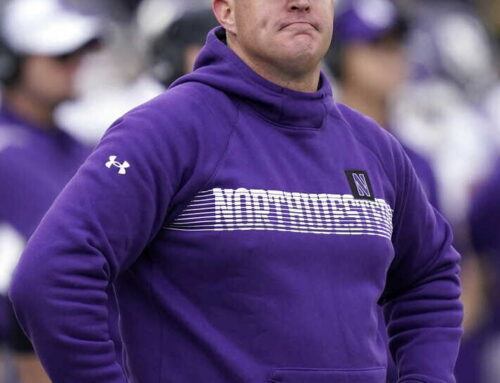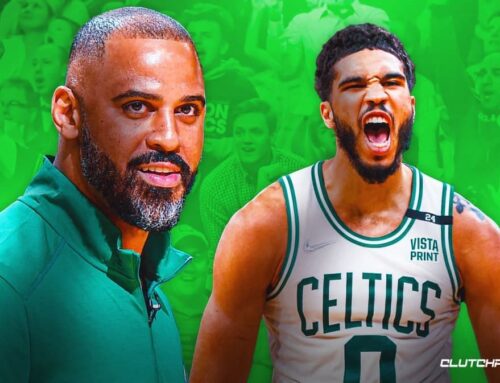Famously, Charles Barkley quipped in 1991, “I am not a role model”. It became the basis for a super successful Nike ad campaign. His position was that athletes should not have to take on the responsibility of role modeling behaviour for young people. Parents and teachers should carry the load.
As with all things related to Barkley, he was ultimately triggering a debate. Well, let’s give this a go. Should athletes be role models? I say, “heck yes!”.
I was recently in Australia and was fortunate enough to attend my first Aussie Rules Football (AFL) match. It was, in a word, AMAZING!
Interestingly, the AFL business model is community focused. Communities own teams, not owners. Primarily, players play for the clubs in their community. Legacy is also a part of the AFL plan. One incredible example of this is that if the child of a former player is eligible to be drafted the “legacy” club has first right of refusal. Imagine if the Cavaliers/Heat/Lakers (Lebron’s mobility isn’t helping me make my point…) had the ability to sign Lebron’s son Bronny before other teams.
In the AFL, there is a sense that athletes are truly representing their communities and have a greater responsibility than, possibly, North American professional athletes.
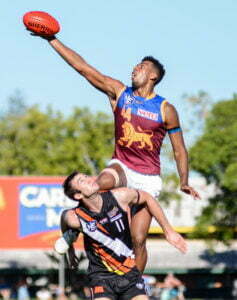
Later in my trip, I was watching a big match on Anzac Day (a national day of remembrance for those who currently are or who have served in the military). At the end of the match, Darcy Moore, from Collingwood (drafted through the father-son rule), gave a speech I will not soon forget. His team had just come back and won a very intense match and he stood up and gave this epic speech.
This seems like such a great example of role modeling. In the moment, it inspired me and those I was with. As well, it made me think about honour and community. There is no doubt that this speech and his messages will stay with the AFL community, young and old, for a long time.
Do you think a young, aspiring footballer would be positively influenced by this moment? Of course!
Sport in North America has never experienced as much change as it has over the past five years. Participating rules (NIL, transfer portals), control (towards the athletes, in most cases) and the way we expect our young people to train is changing rapidly. Much of it is long overdue, but during times of change we benefit from key messages about what matters most. A great place for role models to step in!
The pace and intensity of change, in my mind, is resulting in many of us losing sight of the true value of sport. It should bring us joy, help us learn transferable skills and make us courageous. It shouldn’t make us feel less than adequate, be a place where we disparage others or be uber focused on ME versus WE. We need more reminders of how sport can be the heartbeat of a community and present young people with guidance on how to train, compete and treat others. This is what we need from our athletes, as they are, whether they like it or not, role models.
Darcy Moore presents a heck of a case against Barkley’s position, as does Lebron, who is as great a role model as any in modern professional sport given how he carries himself and commits to his community.
Chuck, thanks for stirring the pot, but I hate to tell you, you are a role model.
